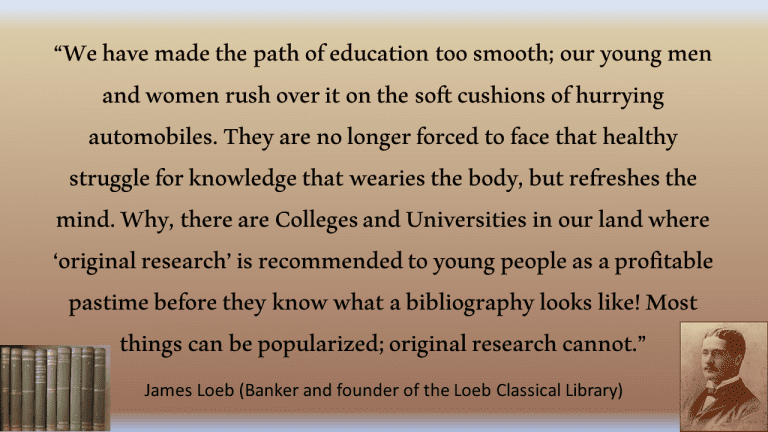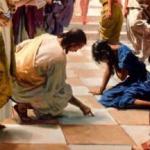Debates about the liberal arts and American higher education continue. Here are some recent significant articles and other online commentary about the topic.
The classic liberal arts education is as relevant as ever. To make the successful transition from student to professional, women and men need to think critically, problem-solve, persuade others, and “read the room.” These “universal skills” are imperative.
Tulsa’s liberal arts cuts. Disadvantages and dangers of making cuts to the liberal arts.
Inside Higher Ed had a piece about Cracks in the Ivory Tower.
The continued value of earning a bachelor’s degree and of soft skills
Studying music benefits those in math and science (and everyone else)
Selling liberal arts with a twist
Can creativity be taught, or rather, can it be learned, improved, and/or fostered
The AAC&U had an issue of Liberal Education recently that focused attention on how higher education is changing, and how it needs to change. In one article, Leon Botstein wrote:
The structure of the undergraduate curriculum must be emancipated from the disciplinary organization of the graduate research university curriculum, particularly in the humanities and social sciences, but also in the sciences. There is no justification for structuring an undergraduate liberal arts curriculum along the lines of graduate school academic departments. The result of doing so is that the overwhelming focus in college is on the major, which is defined in graduate school terms. Students entering college ask basic questions about life. They are in search of ways to define their place in the world. They are concerned about their own lives and are curious about large problems in the world—matters of justice, the nature and possibilities of work and employment, the future of the planet, the construction of meaning, the nature of knowledge and belief, and the understanding of nature. These grand, wide-ranging concerns are not mirrored by the professional or disciplinary divisions of a university. The proper response is not old-fashioned survey courses; rather, courses on issues and problems that probe deeply and draw from more than one discipline are needed. So too are curricular structures that develop, from the first year, a common ground for all students that can enable serious conversation and debate among them. Finally, the sense of excitement and satisfaction derived from the active life of the mind must be nurtured. As Seneca put it, “True joy is a serious thing.” Cultivating that recognition ought to be a basic goal of the liberal arts.
That issue of AAC&U’s Liberal Education, and that periodical in general, is so full of interesting and important articles on this topic that I gave up on trying to mention each one individually. I have, however, embedded links into various words in this sentence, for those who want to be taken straight there!
Luke Stamps wrote, “The liberal arts aren’t about what you can do with them; they are about what kind of person you want to become.”
White supremacy and the humanities
College and intellectual journey
Cutting across disciplinary boundaries
Innovation and a biblical metaphor
Making an assignment more relevant
Higher education and changes in scholarly publishing
What they say and what it really means
The role of discomfort in education
Finally, James Loeb (yes, the one behind the Loeb Classical Library) was a banker who valued the study of subjects like Greek and Latin. Here’s an excerpt from something he once wrote lamenting the shift away from classic educational endeavors in conjunction with a pursuit of mere economic success:
We have made the path of education too smooth; our young men and women rush over it on the soft cushions of hurrying automobiles. They are no longer forced to face that healthy struggle for knowledge that wearies the body, but refreshes the mind. Why, there are Colleges and Universities in our land where ‘original research’ is recommended to young people as a profitable pastime before they know what a bibliography looks like! Most things can be popularized; original research cannot.
Click through to read a longer excerpt from his letter. What do you think of what he says? Do we need to realize that many of the challenges higher education currently faces are not new, and listen to past voices that we’ve neglected?















